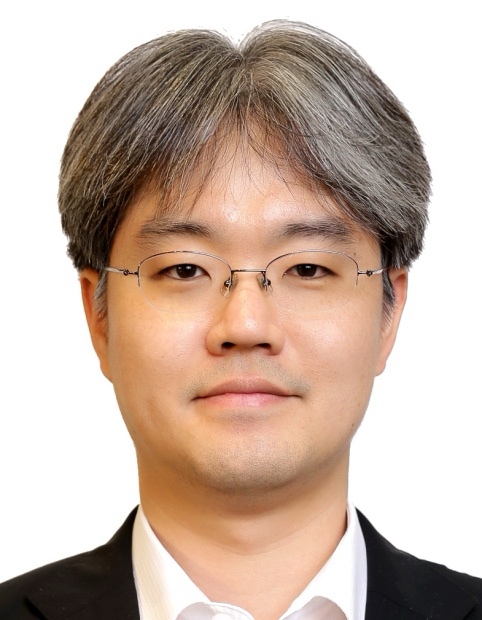Choi Hyeon-seok, Chief marketing officer at DEEPNOID (Radiology specialist)
The role of artificial intelligence (AI) is growing in the healthcare field. There are a lot of movements to incorporate AI. As global big tech companies, including Google and Microsoft, have made strides in healthcare AI, the area has evolved to the point where it is applied to real-world healthcare. However, the role of the physician will remain essential despite this trend.

Currently, AI is mainly used to assist doctors. For instance, many medical innovations won recognition in radiology, where software using AI to detect, categorize, and measure diseases constitute the mainstay. It is expected to improve the efficiency of radiologists and medical professionals, increasing the reliability and objectivity of diagnosis and providing better patient treatment outcomes.
AI can also be used to measure and analyze vital signs. In the intensive care unit, AI continuously measures patients' vital signs to predict possible serious events or deaths and help medical workers respond quickly. As a result, it can assist doctors in their work and improve treatment outcomes.
However, more clinical studies are needed in this regard.
Clinical research is also underway on processing and analyzing medical records in the large language model represented by ChatGPT.
Analyzing medical records can help extract patterns and key information about diseases. As a result, doctors can efficiently process various patient cases and medical records and, at the same time, make appropriate treatment plans. The same goes for predicting the occurrence and progression of certain diseases. AI learns and analyzes medical data patterns and related information. This can be used in many areas of healthcare, such as predicting disease prognosis or monitoring patients.
In reality, doctors fully understand the benefits of AI in medical workflows. AI reduces administrative burdens and allows them to focus on diagnosing and treating patients.
According to a survey by the American Medical Association (AMA), 69 percent of physicians surveyed said AI would help them increase workflow efficiency. Regarding actual patient care, 72 percent believe AI can help them better diagnose patients.
Currently, AI is used as an assistant to help doctors make decisions. Diagnosis is one of the many roles doctors play. Talking to patients, making comprehensive judgments, and performing treatments, including surgery, are also part of their job description. Experts believe -- and have secured evidence to support it -- that getting good at AI technology can make doctors more efficient. This will have a direct impact on the quality of patient care. At the same time, research is being conducted on the security and ethics of utilizing patient information.
Along with this trend, many companies are introducing medical solutions utilizing AI. DEEPNOID, which I work for, has DEEP:NEURO, a diagnostic aid for detecting brain aneurysms; DEEP:CHEST, a real-time diagnostic aid for multiple lung diseases; and DEEP:LUNG, a diagnostic aid for detecting lung nodules. DEEP:NEURO was selected as an innovative medical technology last year and is about to be commercialized in hospitals.
The expected benefits are growing as AI solidifies its role in healthcare as an aid to physicians’ diagnosis and treatment. This will benefit both doctors and patients. For physicians, especially those working in settings where expert advice is scarce, AI can compensate for the absence of a consulting physician. At the same time, patients will benefit from AI technology to better understand and manage their illnesses.

